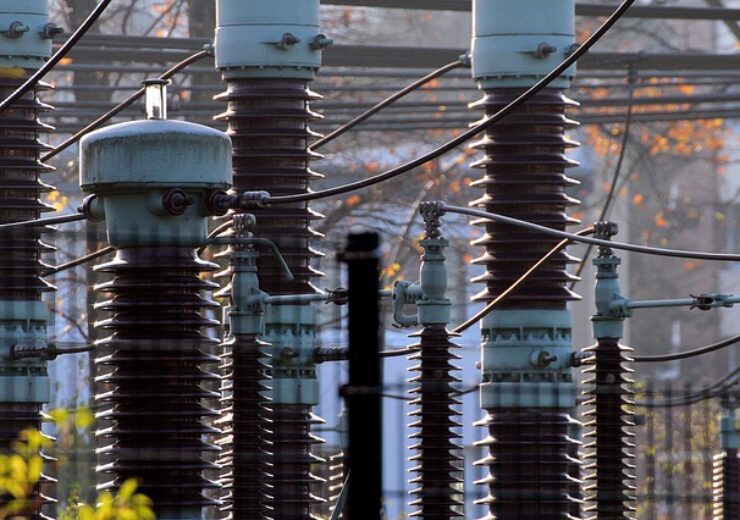The nine BESS facilities will be capable of storing 2,000MW of clean energy, which will be fed into the CAISO market when required

The nine BESS facilities will have a 2,000MW of clean energy storage capacity. (Credit: Frauke Feind from Pixabay)
Global private asset management firm Capital Dynamics’ Clean Energy Infrastructure business has signed an agreement with the US-based energy company Tenaska to build nine battery energy storage system (BESS) projects in California, US.
The nine BESS facilities will have a total of approximately 2,000MW of clean energy storage capacity, which will be fed into the California Independent System Operator (CAISO) market when required.
The BESS facilities are designed to store and maximise the use of renewable energy, which can be deployed back to the grid during peak usage periods.
Capital Dynamics Clean Energy Infrastructure team managing director Benoit Allehaut said: “We are excited to join with Tenaska to build high-quality battery energy storage facilities to help integrate renewables and reinforce CAISO grid reliability and resilience.
“We hope to quickly contract resource adequacy with utilities and CCAs to grow this portfolio.”
Battery storage technology reduces dependence on fossil fuels
The battery storage technology is said to safe, reliable, and cost-effective alternative that can help in reducing the dependence on fossil fuels.
In a press statement, Capital Dynamics said: “The BESS projects are designed to deliver local preferred and non-greenhouse gas (GHG) power resources to manage high-demand conditions caused by California heat waves, power supply shortages, and growing local power supply deficiencies in the Bay Area, Los Angeles and San Diego areas, that cannot be reliably served solely by intermittent renewables.”
Capital Dynamics said that the agreement expands its relationship with Tenaska. Earlier the two firms signed agreements to develop 24 solar projects, in the Midcontinent Independent System Operator (MISO) market and Southeast Reliability Council (SERC).
